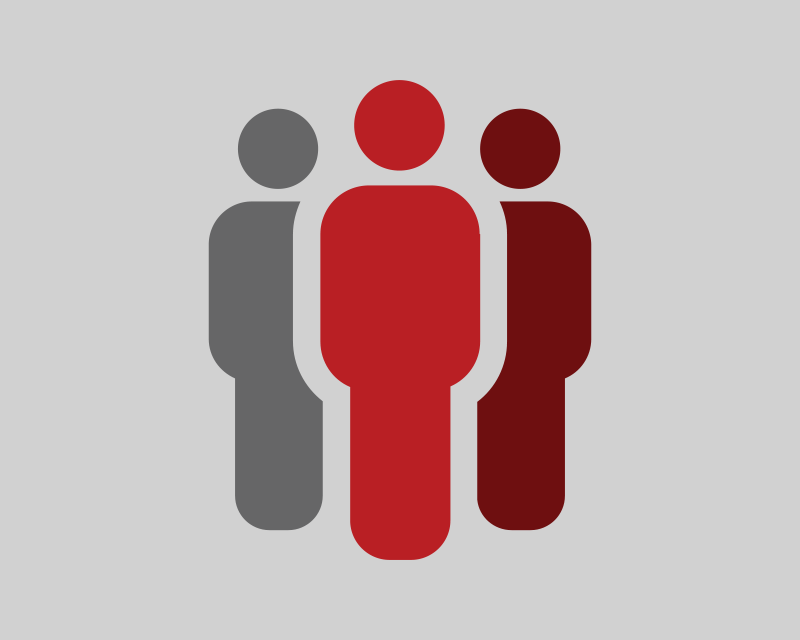TRAVEL PROCEDURES
SECTION
1 - OVERVIEW
(1)This document sets out UNE procedures for
official University travel both domestic and international.
(2)As travel is sometimes essential for UNE
business, UNE supports staff and student travellers by:
Providing an appropriate standard of
comfort and conditions while away from home;
Ensuring travel is as convenient as
possible;
Managing travel costs transparently,
effectively and with accountability;
Reimbursing reasonable travel costs
accurately and within reasonable timeframes;
Complying with legal, insurance and
tax obligations; and
Protecting travellers' occupational
health and safety.
(3)These procedures are designed to ensure that
travellers:
Have a clear and consistent process
for travel;
Understand travel safety and security
measures and requirements;
Understand their entitlements and
responsibilities including managing demand for travel; and
Understand the University's
expectations related to travel.

SECTION
2 - SCOPE
(4)These Procedures apply under the UNE Procurement Policy, to all University staff, students or
anyone undertaking official University travel, using University funds(including
grants).
(5)This Procedure does not apply to individuals
or employees of organisations who provide services under contract to the
University. Where required, travel provisions of such contract personnel
should be set out in the contract.
(6)This Procedure does not include University
employees’ private travel, eg. from home to the workplace, or where travel is
required to work from home (where appropriate).
SECTION
3 - PROCEDURES
Code of Conduct
(7)The University expects travellers to observe
the University’s Code of Conduct when
booking and undertaking travel.
Deciding to Travel
(8)Travel should only occur when other forms of
engagement are ineffective. Teleconferencing and video conferencing may
be suitable alternatives. Travellers are responsible for considering the
alternatives before committing to travel. Where travel is required, then it
should be minimised to ensure only essential travel is undertaken.
Value for Money
(9)The person requesting travel and the person
approving travel, must both ensure that the proposed travel:
Will produce a worthwhile benefit for
the money spent;
Is an appropriate use of scarce
resources (time and money);
Falls within budget and delegated
authority;
Is planned sufficiently in advance to
minimise costs; and
Is the lowest available airfare on the
day of booking (ie. best fare of the day) that offers the traveller the
convenience and flexibility to complete their business travel.
Approval to Travel
Pre-Approval Process
(10)All UNE business travel is required to follow
a pre-approval process that confirms a traveller’s permission to travel.
(11)The Travel Management Solution (TMS) includes
an online travel approval tool, which includes a proposed travel diary as well
as capturing information regarding the nature and purpose of the travel and
associated justification. The online booking tool includes an online approval
mechanism where travel is approved by the appropriate delegate having regard to
the nature of the travel.
Transition arrangement from 1 June
2018: prior to the complete rollout of the electronic TMS, an online form
is provided on the UNE website for the purposes of obtaining travel approval.
Once the required information is entered on the form it will be emailed to the
staff member completing the form, and it is the responsibility of the traveller
to use email to obtain the required approval from the appropriate delegate. The
approved form should be sent prior to
the booking process commencing.
(12)Domestic travel is approved by the relevant
Dean of the Faculty, Director, member of the Senior Executive, or nominated
deputy approver subject to budget affordability and grant conditions within
financial delegation.
(13)International travel is approved by the
relevant Dean of the Faculty, Director and the relevant Senior Executive
subject to budget affordability and grant conditions within financial
delegation. Nominated deputy approvers must NOT approve international travel,
regardless of financial delegation. Once the Dean of the Faculty, Director and
the relevant member of Senior Executive have provided approval, the travel
request will be sent to UNE Insurance to review, providing action and approval
for insurance coverage.
(14)Approval authorities cannot approve their own
travel expenses. The next highest level of delegation in a direct
reporting line is required to approve all travel expenses.
(15)The Vice-Chancellor and Chief Executive
Officer must approve executive management travel.
(16)The Chief Financial
Officer approves Vice-Chancellor and Chief Executive
Officer travel.
Determination of Purpose of Travel
(17)The primary purpose of any University
sanctioned staff travel, must be Official University Business (OUB).
(18)Prior to approval of travel, an assessment
must be carried out to determine whether a trip is likely to constitute a
business trip. A prudent approach will be undertaken when assessing private
travel. In instances where there is doubt as to the business or private nature
of travel, the University will classify such travel as being of a private
nature.
(19)University sanctioned business travel, which
includes a private travel portion of less than the incidental private travel
limit thresholds (detailed in the following section) will be classified as
business purpose travel. University sanctioned business travel which includes a
private travel portion in excess of the incidental private travel limit
thresholds will be classified as Dual Purpose Travel.
(20)Dual Purpose Travel may only be approved where
the University member pays half of the airfare and all private costs relating
to the private travel portion.
(21)Payment of the dual purpose travel airfare
contribution by a University member must be paid directly to the University’s
Travel Management Company, Campus Travel Consultants, facilitated by the Travel
@ UNE team prior to travel commencing. Payment of the contribution should not
be via reimbursement to the University.
(22)Travel undertaken by a staff member of the
University assessed to be primarily for private purposes or dual purpose
travel where the staff member does not pay half the airfare, will raise a
Fringe Benefits Tax (FBT) liability on the University for the airfare.
(23)In assessing the main purpose of travel a
number of factors are considered, these include the intended business purpose
of the travel in the travel approval request, the number of non-business or
private days (annual leave days and time in lieu by agreement) taken during a
trip, as indicated in the Travel Diary that has been provided by the staff
member for the travel.
(24)Student Travel is not subject to FBT
Determination of Incidental Private
Travel
(25)In determining whether private travel
undertaken as part of approved University business travel is incidental private
travel, the nature of all days during the approved travel must be assessed.
(26)Where the number of private travel days
(including annual leave days) is less than the private travel limit threshold
number of business days, then the private travel will be deemed to be
incidental.
(27)Where the number of private travel days
exceeds the private travel limit thresholds, the travel will be deemed to be
Dual Purpose travel.
Incidental Private Travel Limit
Thresholds
(28)Total trip days are the total number of
calendar days from the first travel day at the beginning of the trip, to the
end of the trip – including any weekends during the trip and physical recovery
days that occur after return.
(29)Where the number of private travel days is
less than 25% of the total number of trip days, then the private travel will be
deemed to be incidental.
Incidental Private Travel algorithm:
Private travel days / Total trip days
= < 25%
(30)Where private travel days represent more
than 25% of the total trip days, the trip is considered to be dual purpose
travel.


No comments:
Post a Comment